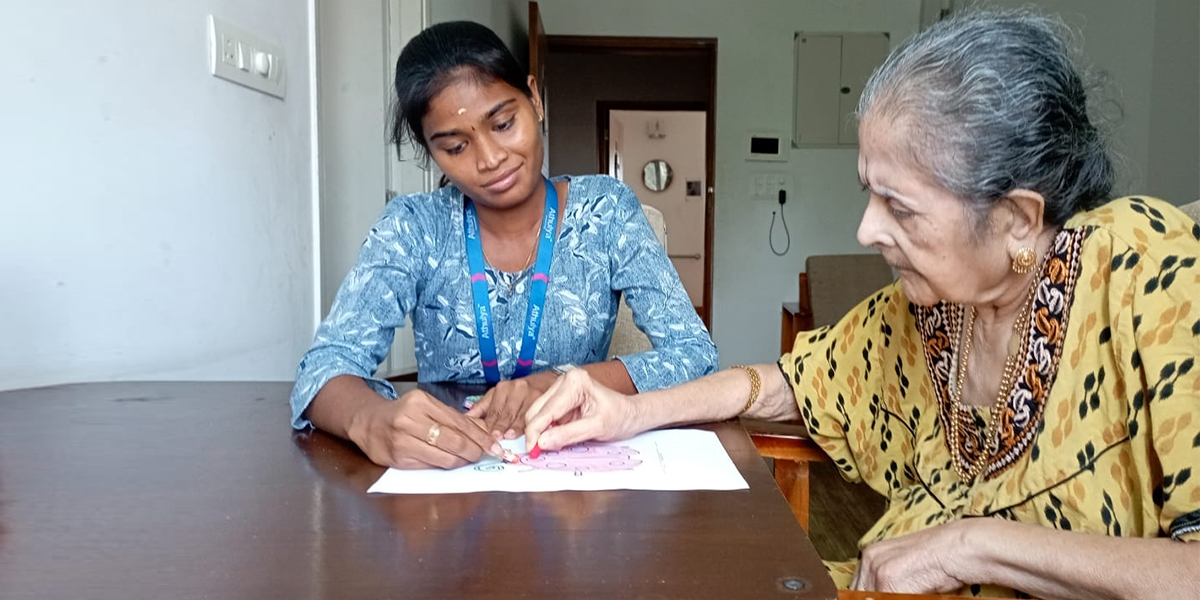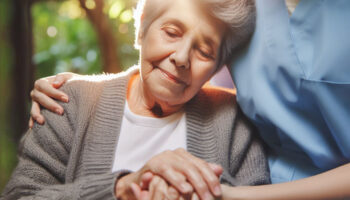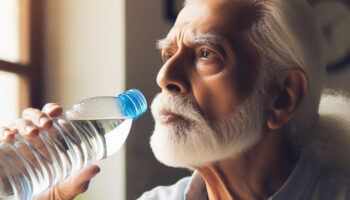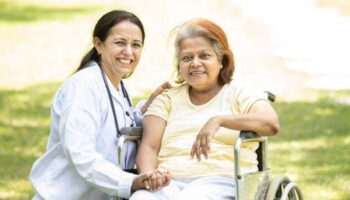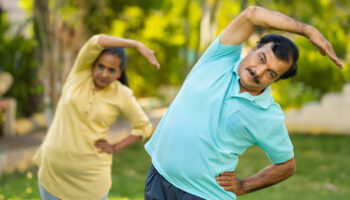Dementia is on the rise globally, with an estimated 131 million people suffering from the disease by 2050. People with dementia may be recognized earlier in their illness course, with fewer cognitive and functional impairments thanks to improvements in awareness and surveillance. As a result of these developments, clinical practice guidelines encourage early intervention and service delivery to maximize independence and community participation throughout the disease course. Non-pharmacological therapies like exercise, cognitive rehabilitation, and occupational therapy have been shown to reduce the progression of cognitive and functional deterioration, facilitate goal achievement, and delay institutionalization.
Parkinson’s disease is a brain disorder that causes unintended or uncontrollable movements, such as shaking, stiffness, and difficulty with balance and coordination. It is common in older adults. Symptoms usually begin gradually and worsen over time. As the disease progresses, older adults may have difficulty walking and talking. They may also have mental and behavioral changes, sleep problems, depression, memory difficulties, and fatigue.
Alzheimer’s disease:
Alzheimer’s disease is an irreversible, degenerative brain illness that gradually erodes memory and thinking skills, as well as the ability to do even the most basic tasks. In elderly people, it is the most common cause of dementia. While dementia is becoming more common as people age, it is not a natural component of the ageing process. Many people fear developing Alzheimer’s disease or related dementia as they grow older. There is no known technique to prevent Alzheimer’s disease because the actual cause is unknown. However, there are several things you can do to lower your risk of dementia or delay its onset, such as:
- Reducing alcohol consumption and quitting smoking
- Keep a healthy weight and eat a healthy, balanced diet.
- maintaining physical fitness.
As mentioned, dementia is more common in older adults. Seniors with Alzheimer’s disease and associated dementia’s have impairments in their thinking, memory, and reasoning that influence their daily lives and activities early on. Older adults with these conditions will eventually require more assistance with simple tasks. Bathing, grooming, and dressing are examples. It might be difficult for a person to require assistance with such intimate matters. Here are some pointers to think about as the condition progresses:
- Maintain a daily schedule by showering, dressing, and eating at the same time.
- Assist the individual in using a notepad or calendar to keep track of to-do lists, appointments, and events.
- Plan enjoyable things and attempt to perform them at the same time every day.
- Reassure the individual. Speak quietly. Pay attention to his or her worries and frustrations. If the person is furious or afraid, try to indicate that you understand.
- Allow the person to maintain as much control as possible over his or her life.
- Respect the personal space of others.
- Include quiet time and hobbies in your daily routine.
- To make the person feel safe, keep well-loved artifacts and photographs around the house.
- If the person doesn’t remember who you are, remind him or her, but don’t say, “Don’t you remember?”
- Encourage as much two-way communication as possible.
When an older adult is ready to be discharged from the hospital and requires rehabilitation in a safe and supportive setting in order to properly recover, family members frequently worry about making this important decision. A doctor may recommend short-term rehabilitative care for a patient who requires more support and monitoring while recovering from an illness, injury, or surgical treatment. This sort of care enables seniors to restore as much of their physical and functional abilities as possible, which would be difficult (if not impossible) for them to achieve on their own. A stroke, heart attack, severe brain injury, joint replacement, hip fracture, amputation, or lung illness are all prevalent reasons for senior rehab. Senior rehabilitation is divided into two categories:
- Sub-Acute Rehabilitation: This is a type of senior rehabilitation that most seniors are familiar with. A sub-acute rehabilitation programme includes one or two hours of therapy per day, which is typically a combination of physical, occupational, and speech therapy.
- Acute Rehabilitation: Acute rehabilitation is a comprehensive rehab programme for seniors suffering from a debilitating condition, traumatic injuries, a severe stroke, or a major operation such as amputation.
Athulya Assisted Living:
Athulya Assisted Living provides the following care for older adults with dementia:
- The assisted living facility may provide support services for people with dementia and their families. For example, they may offer guidance on outside resources and arrange for supportive care in the home.
- If the elderly person with Alzheimer’s requires medicine, the skilled nurses in the assisted living facility provide medical help.
- Nutrition: Athulya assisted living provides a special diet.
- Personal care: an assisted living facility provides help with hair styling, toileting, eating, showering and other personal care tasks.
- Activities and engagements:Daily activities may include art, recreation, and discussion.
- Therapy: Athulya Assisted Living provides physiotherapy services to seniors.
To know what Athulya offers [maxbutton id=”1″ url=”https://www.athulyaliving.com/activities-and-engagements.php”]
